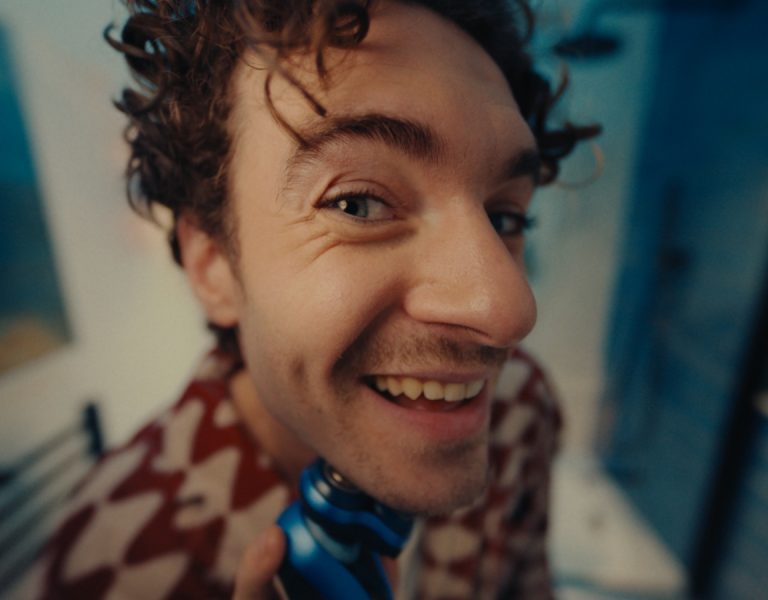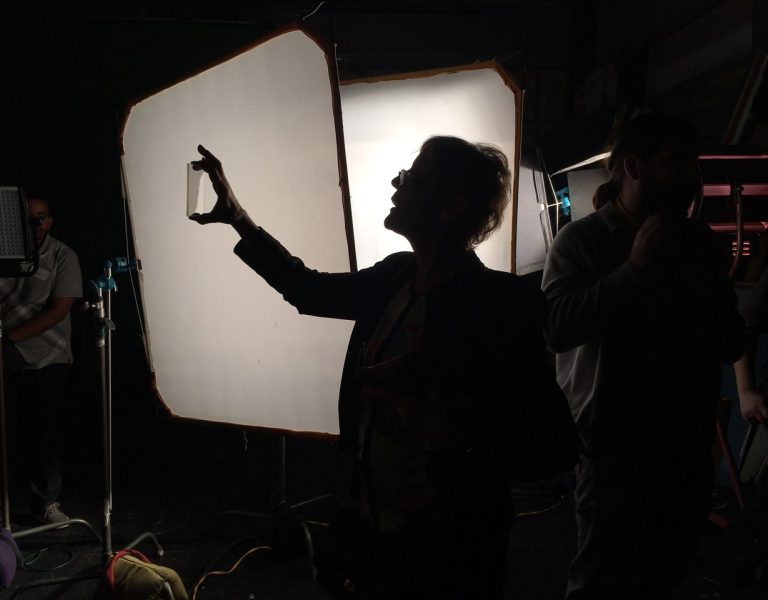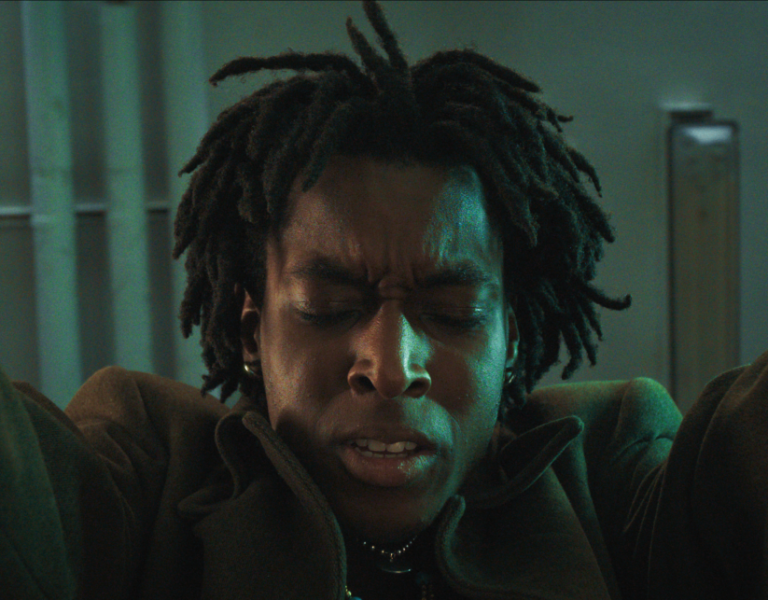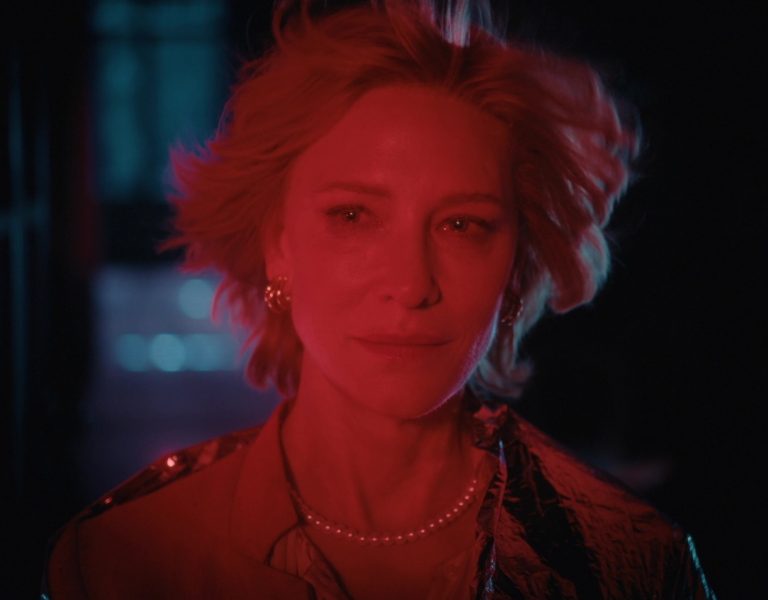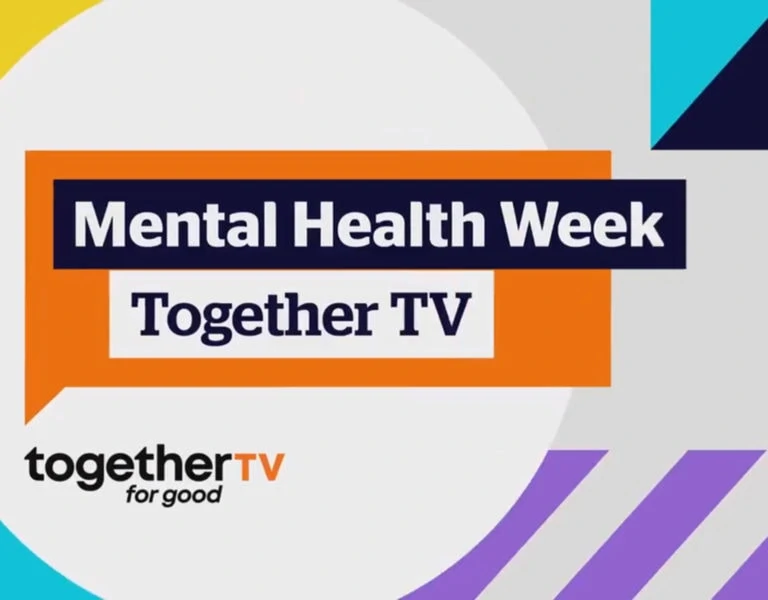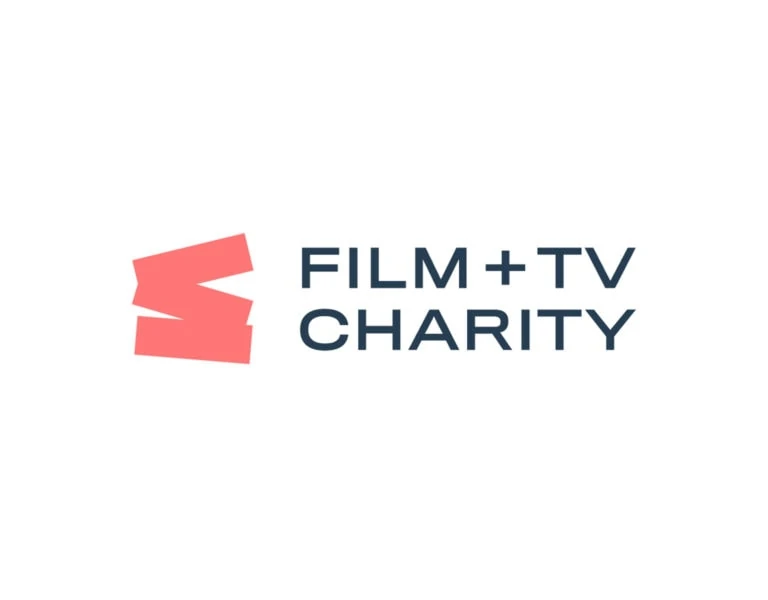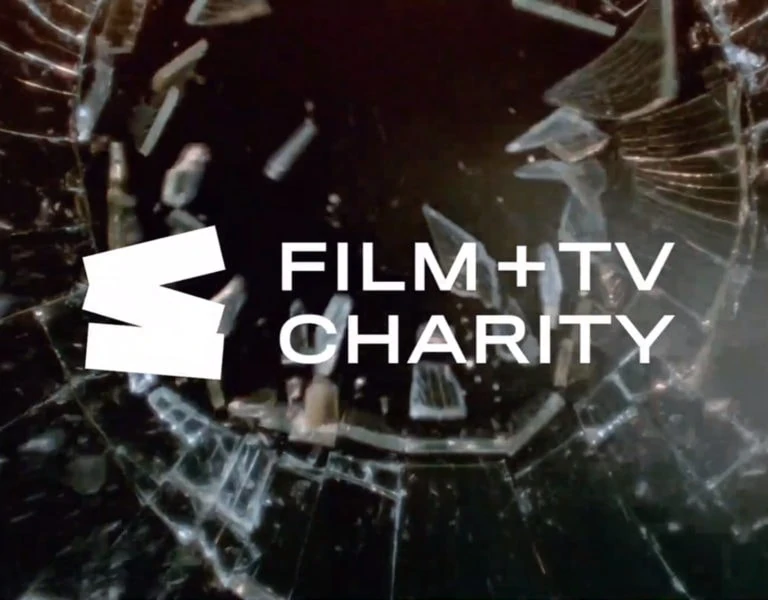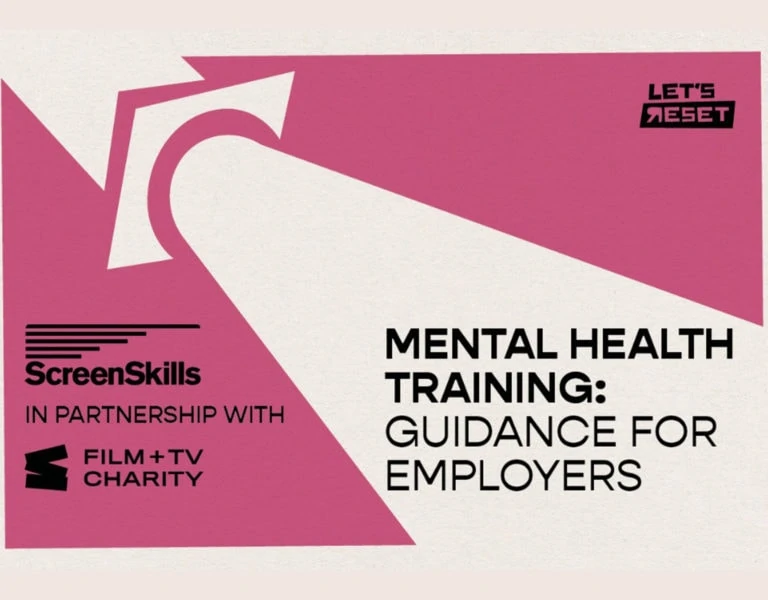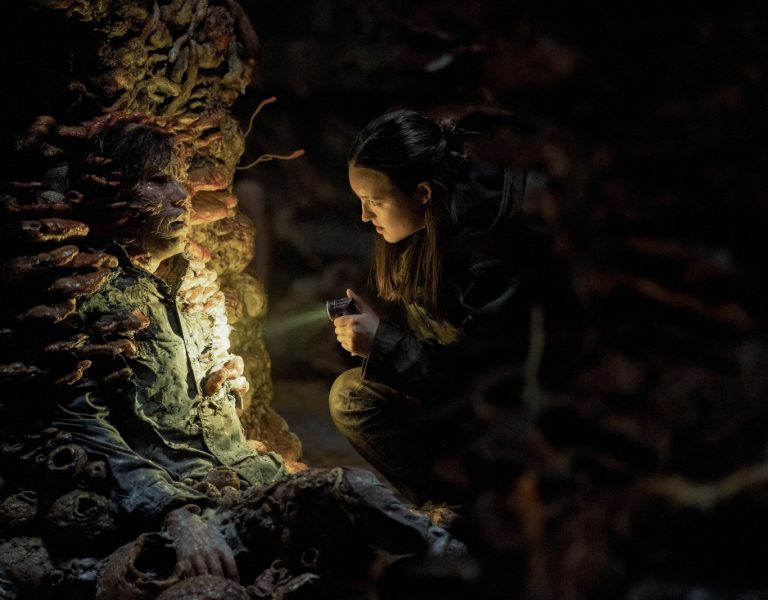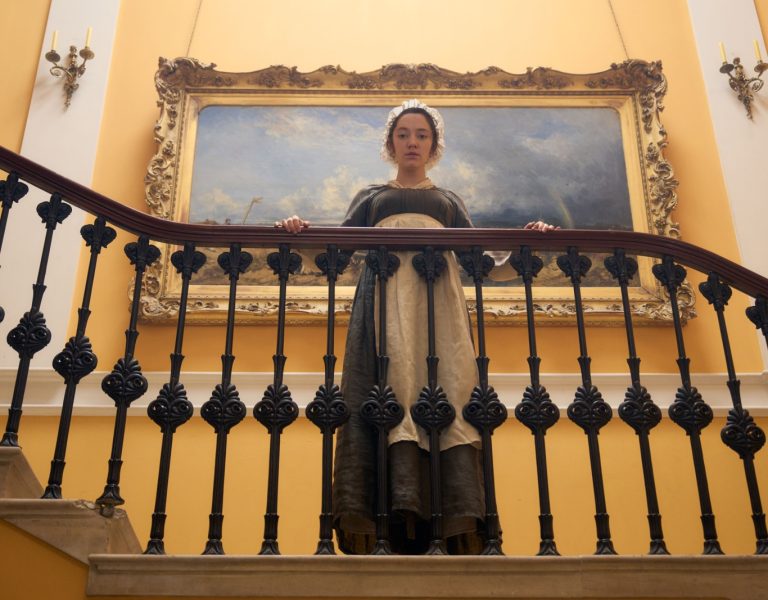Home » Features » Opinion » Point of View »
Welcome to the second chapter in the four-part series on mental health and wellbeing, bullying and harassment, equality, inclusion and diversity, brought to you by RA Agency’s Lulu Elliott. The idea is for all of us to begin 2022 with a firm commitment to create healthier and happier working conditions for our clients and crew members working in the film and TV industry.
According to Bournemouth University’s ‘State of Play 2021’ (Bournemouth University Research Online [BURO] – State of Play 2021: Management Practices in UK Unscripted Television.) in many ways UK television has been a great national success story, making a substantial contribution to GDP while setting the standard internationally for high quality content.
However, it does state that this success has been at the expense of those who work in the industry and frequently experience working conditions that would not be tolerated in any other business.
Ultimately, individual freelancers have little or no protection for their own livelihoods or wellbeing. Generally working experience is characterised by last minute job bookings and cancellations; extended hours without breaks or compensation; discrimination; nepotism; sexual harassment, and workplace bullying. Beside the prevailing precarity that makes it almost impossible for them to challenge any of these issues. Yet it is on this standing army of freelancers that the industry depends.
What they largely fail to address are the underlying conditions that militate against a healthy work-life balance, which drive many experienced professionals to leave the industry prematurely. Based on a survey of almost 1,200 television production professionals, a study reveals management and recruitment practices that are not only unethical and damaging to individuals but damaging to the sustained commercial and creative success of the industry, impacting on the mental health, diversity and skills base of the workforce.
In our first article on mental health and wellbeing we also mentioned the Film & TV Charity, which launched the 24-hour Film and TV Support Line, offering access to legal advice, financial support, and counselling to anyone working behind the scenes in film and TV who needs it. Since then, the charity has also launched a Bullying Advice Service, accessible through the Support Line and website, as well as an Anti-Bullying Directory and Spot, a digital recording tool that helps people who have witnessed or experienced bullying to make a digital record (see www.filmtvcharity.org.uk/bullying for more information).
Acting on the insight gained from the industry, the charity’s Looking Glass research in 2019 uncovered a mental health crisis. In response they launched the Whole Picture Programme (https://filmtvcharity.org.uk/wp-content/uploads/2020/02/The-Whole-Picture-Programme-Report.pdf), backed by an industry taskforce committed to building an environment that respects, values, and supports its behind-the-scenes workforce.
We need to break the cycle with the sort of old-school military behaviours stating: ‘This is a tough industry and we are going to treat you really tough, break you down, and re-shape you’. People act like that because this is how they were treated. They were put through the mill and so when they see a fresh new member of crew come onboard, they think: ‘We are going to treat you as we were treated and if you don’t like it you can go’.
Now all of that is going to change because we are resisting and reporting. This is thanks to having somewhere to talk about it and say how it makes us feel and be listened to. It makes a great difference to have a Support Line like the charity’s to lean on, as well as resources like the ‘CalliT APP’.
There is more training available now for equality, inclusion, and wellbeing. There are trained professionals who can be hired and help production do a better job of taking care of their crew. What we would like to see from the agent’s perspective is that when we are dealing with line producers they take a step back and rethink how they pitch their deals or their opening offers to us, in order to make sure they are equal and it is a level playing field.
There is definitely more awareness now on all aspects of mental Health and wellbeing. There are a lot more conversations taking place; panel talks and festivals featuring more topics on this issue in the public domain. If you go onto BBC iPlayer, you will find documentaries on all kinds of mental health, equality and racism. There is plenty out there in the mainstream media and also in the industry-focused resources as well.
Mental Health in Film and the organisation we spoke about in our first article 6ft from the Spotlight, have developed the role of wellbeing facilitator. The company was formed in July 2017 by Stuart Dew, Matt Longley, and Tony Ryan in response to two colleagues of Matt’s taking their own lives and to witnessing the onset of mental illness in one of the artists he supports. The sole aim was to provide support to the music and film crew, following a recognition that crew can be seen as being dispensable by some. Mental health in the creative industries needs to be put on a par with physical wellbeing.
The professionals that carry out the role of wellbeing facilitators strive to improve mental health on production by reaching a prior agreement as regards Mental Health Policy and conducting risk assessments. It is important to further understand the role and to participate in more workshops. As agents, we do hear about certain circumstances or experiences and have in the past been the ones to pass these on to production. Sometimes crew members find it hard to speak up or find the time to do so and therefore they need to find solutions.
Once again, all the streaming clients and Amazon and Netflix, for whom it seems to be all about the profit margins and benefits, should actually carry a lot more responsibility as regards to taking care of their employees, whether they are freelance, full-time staff or just someone coming in as a daily.
Article by Lulu Elliot and Gabrielle Rey, RA Agency

